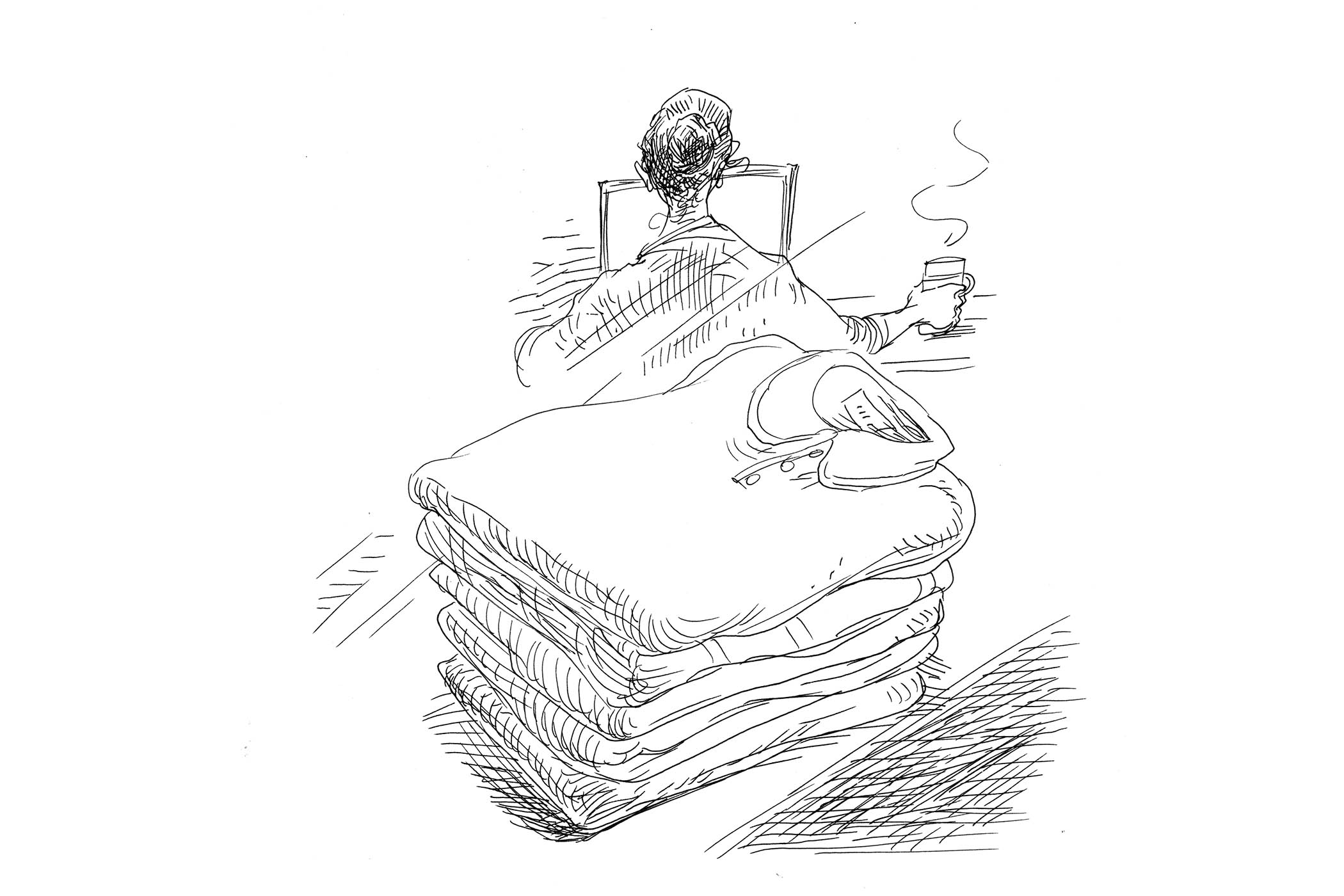On the face of it, this debut novel is about three Belfast mothers who are brought together when their 18-year-old sons are accused of sexually assaulting a local girl, Misty. The women are: Bronagh Farrell, the CEO of a children’s charity; Frankie Levine, the stepmother of two children whose father, Neil, she had an affair with as their mother lay dying; and Miriam Abdel Salam, whose husband, Kahlil, recently died in a car crash while another woman was in the vehicle. Bronagh proposes to meet with Frankie and Miriam as they wait to hear if the case will go to court.
It’s an intriguing premise, replete with tensions: class, politics, personal drama. But for a writer as adventurous as Wendy Erskine, a Belfast secondary school teacher and author of the acclaimed short-story collections Sweet Home and Dance Move, it is only just the start.
Alongside the mothers’ stories, we also hear from Misty, who reports the sexual assault to the police. She earns cash by speaking to older men via Benefactors, an adult services website. Of course she keeps that hidden from Boogie, her well-meaning stepdad, whom we hear from too. “Summer, so Boogie gets behind the wheel of the taxi early,” begins his first chapter, which goes on to detail the clientele he carries in his cab. “But yeah, there’s been all sorts,” Erskine writes, sliding into Boogie’s breezy demeanour.
Among these chapters are about 50 first-person interludes from unnamed characters. Some relate directly to the main thrust of the narrative – such as an account from the maintenance man for the Airbnb where the assault happened – and others don’t. Together they form a polyphony of voices that remind us of the web of hardships occurring beyond the main characters’ lives. If you think what happened to Misty is bad, Erskine seems to say, look at this.
She is a very funny writer. Take the moment when Bronagh “thinks about Neil Levine’s balls, resting on the warm leather, cosy self-satisfied little spheres”. Later, she refers to him as “KFC Bargain Bucket Steve Jobs”.
But most of all, it is Erskine’s recalibration of time that makes The Benefactors such a thrill to read. At one point, Frankie is at home with her stepdaughter, Nina. “Maybe later we could do something?” Nina says. But Frankie is preoccupied, remembering how she and her friend Michelle would sneak cigarettes into their room at the children’s home, and how they slept in the same bed when they later went on holiday together to Mallorca.
We are all made up of memories as much as our present experiences. Erskine’s elegant rendering of this cross-time continuum makes The Benefactors more daring than most novels – and more true to life.
The Benefactors by Wendy Erskine is published by Sceptre (£18.99). Order a copy at observershop.co.uk for £17.09. Delivery charges may apply.
Photograph courtesy of Khara Pringle/Hodder
Newsletters
Choose the newsletters you want to receive
View more
For information about how The Observer protects your data, read our Privacy Policy



